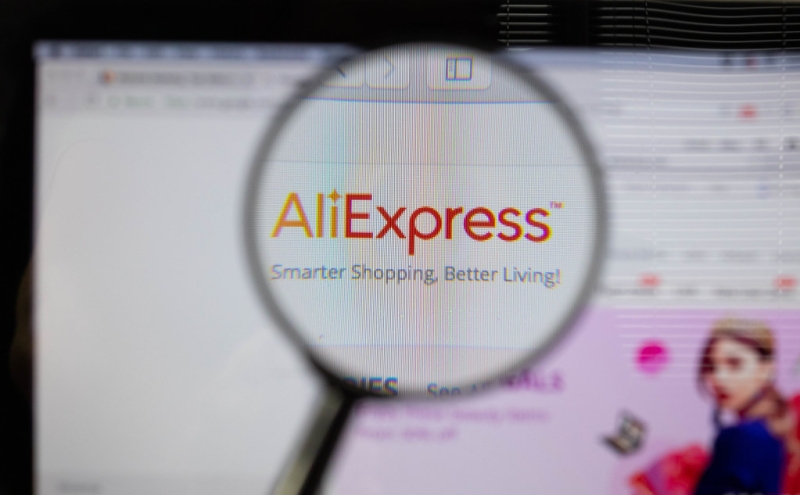- Alibaba Group, the parent company of AliExpress (hereafter referred to as Ali), announced a $1.1 billion investment (approximately 1.44 trillion won) in the Korean market over the next three years. Initially, $200 million (around 260 billion won) will be invested to build an integrated logistics center within this year. Additionally, $100 million (about 130 billion won) is planned to support global sales for Korean sellers.
- Since last year, as Ali and Temu began to intensify their entry into the Korean market, the crisis in the domestic e-commerce sector, including Coupang, has been highlighted. However, given Coupang's massive logistics infrastructure, I believe that if Ali intends to compete seriously, it would need to precede with substantial logistics investments in the billions.
- While not all of Ali's investment will go into logistics infrastructure, the total amount exceeds 1 trillion won, leading to speculation that Ali is genuinely aiming to expand its influence in the Korean market.
- However, it's puzzling why Ali is so focused on the Korean market, where there's seemingly no necessity. Although the domestic e-commerce market ranks fifth globally in size, the presence of strong local operators like Coupang and Naver indicates intense competition, making it unlikely for the investment to be quickly recouped. Some even speculate that the investment plan may not be fully realized.
- But this view is limited to the domestic market. When we expand our perspective globally and consider logistics, Ali's hidden strategies begin to emerge.
- Did you know that when Ali ships products worldwide, they often transport them by sea to Korea and then send them to their final destinations via Incheon Airport? In fact, there has been a 43.1% increase in sea-air combined transport cargo processed through Incheon Airport year-over-year, with the majority being e-commerce products originating from China's northeastern region.
- With logistic centers already in Weihai and Yantai, China, the establishment of a logistic center in Korea, facilitating a connection between them, would significantly improve sea-air transport efficiency and investment recovery.
- Ali also seems to be targeting the Korean cross-border e-commerce market. The focus on the Korean Pavilion, K-Venue, aims to enhance Ali's competitiveness domestically by hosting local sellers and utilizing Ali's existing logistics network to sell these products globally.
- An industry insider suggested that if Ali's Korean logistics center specializes in 'brand products,' it could have a significant impact. Operating with relatively high-end brand products could improve logistics efficiency and facilitate not only domestic sales but also global expansion via air transport.
- Ali's expanded investment will undoubtedly impact local platforms and some sellers, including Coupang, by combining improved delivery quality with existing price competitiveness, potentially eroding the market. Particularly, sellers reliant on non-inventory purchasing may be pushed out of the market.
- However, for companies and brands producing excellent products, Ali's expansion could be an opportunity, enabling them to reach the global market through Ali's logistics infrastructure.
- On the flip side, and currently less highlighted, is the potential crisis for domestic logistics companies. If Chinese volumes pour in, it could pave the way for Chinese logistics companies to directly enter the market.
- While articles about the threats from Ali, Temu, and others continue to emerge, many overly emphasize the risks or simplify the narrative to 'invasion of low-priced products.' Considering the complex nature of the Chinese platforms' expansion, a thorough analysis of pros and cons and a meticulous response might be necessary, don't you think?
Contact us and we'll help you learn more and connect your business. cs@beyondx.ai
한국에 1.5조원 투자한다는 알리, 물류 관점에서 숨은 목적 찾기
※ 이 콘텐츠는 커넥터스와 ‘트렌드라이트’의 제휴를 바탕으로 제작됐습니다. 1. 알리익스프레스(이하 알리)의 모회사 알리바바그룹이 한국 시장에 향후 3년간 11억달러(약 1조4400억원)를 투자한다고 합니다. 우선 2억달러(약 2600억원)를 들여, 올해 안에 통합 물


